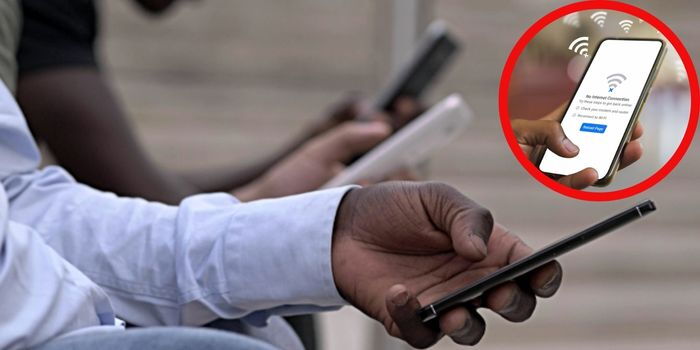Court Stops Government from Shutting Down Internet in Kenya
On Wednesday, May 14, High Court Judge Bahati Mwamuye issued a ruling that stops the Kenyan government, the Communications Authority of Kenya (CAK), and other key institutions from shutting down or interfering with internet access.
In the decision, Justice Mwamuye granted a conservatory order that blocks the government and all concerned parties from enforcing any kind of internet shutdown, slowing down access (throttling), or disrupting digital communication services.
The order will remain in place until a case filed over the issue is fully heard and determined in court.
“Pending the full hearing and determination of the petition filed on May 13, the court hereby issues a conservatory order restraining the respondents, jointly and severally, from unlawfully causing, directing, enforcing, or implementing any wholesale shutdown, blockage, or denial of access to the internet,” the court stated in part of the ruling.
This order came after seven civil society organizations went to court to challenge what they described as repeated, unlawful disruptions of internet services in Kenya, especially during the 2024 Gen Z protests. The petitioners argued that such actions posed a serious threat to digital freedom and democratic rights.
The civil society groups highlighted past incidents as examples. One of these was during the anti-Finance Bill demonstrations in June 2024, when internet users across Kenya reported major slowdowns.
Internet speeds reportedly dropped by close to 40 percent on leading mobile networks, frustrating access to information and communication.
Another case mentioned was in November 2024 during the Kenya Certificate of Secondary Education (KCSE) exams. The government allegedly blocked access to several social media platforms in an effort to prevent exam leakages.
However, officials gave no detailed explanation about the move, raising more concerns about transparency and accountability.
In the petition, the groups said these actions were part of a growing trend of digital repression. They warned that if not stopped, such interference could reappear during future events such as national exams, public protests, or even the 2027 general elections.
They specifically cited the events of June 25, 2024, when the internet was allegedly shut down as thousands of Kenyans took to the streets to protest the Finance Bill. The groups said the shutdown coincided with a harsh crackdown on civil liberties that left nearly 60 people dead at the hands of security forces.
The petitioners told the court they feared a repeat of such extreme actions, especially during critical national events. They said that without clear legal limits, internet shutdowns could become a tool for silencing dissent and controlling the public.
In addition to stopping any future shutdowns, the court also directed the government not to destroy or tamper with any evidence that could be linked to past disruptions of internet services. This includes any internal communications or directives related to throttling or blocking internet access.
Justice Mwamuye further instructed the petitioners to serve official court papers to all respondents, including the government and CAK, by Thursday, May 15. After that, the government and all other parties involved must file their official responses to the case by June 10.
The case will return to court on June 23, when the judge will check whether all parties have followed the court’s orders and whether the case is ready for a full hearing.
Join Gen Z New WhatsApp Channel To Stay Updated On time https://whatsapp.com/channel/0029VaWT5gSGufImU8R0DO30


